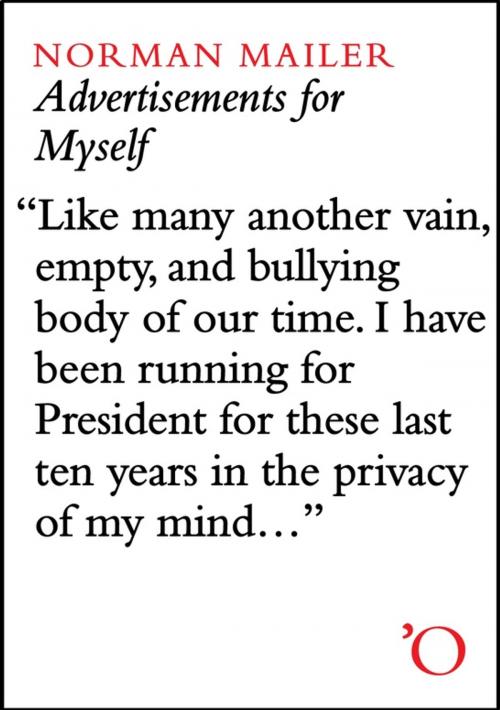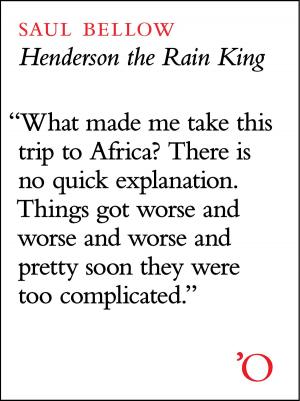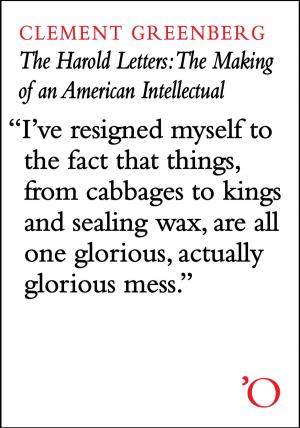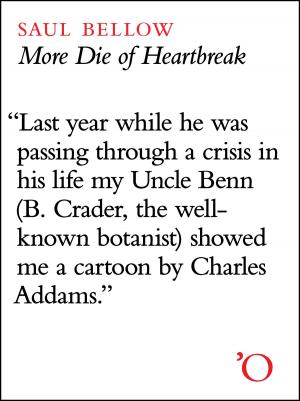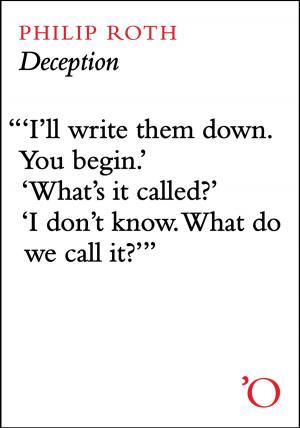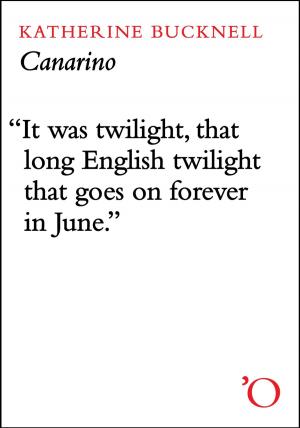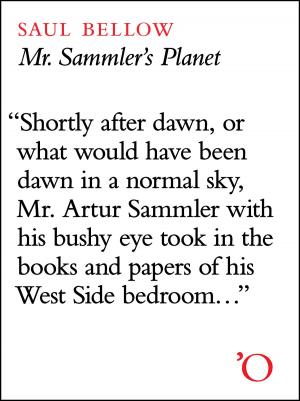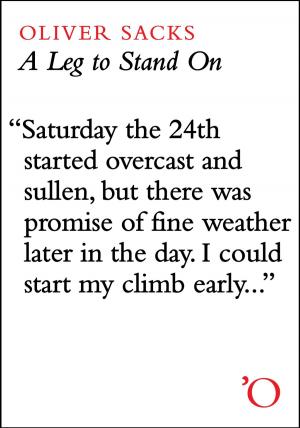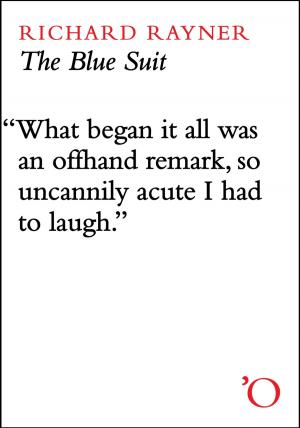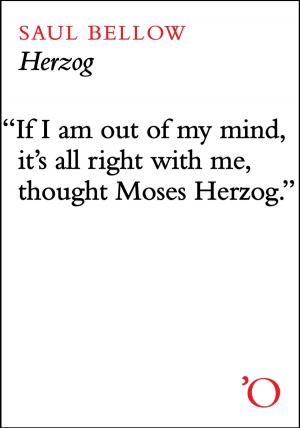| Author: | Norman Mailer | ISBN: | 9781623730222 |
| Publisher: | Odyssey Editions | Publication: | October 15, 2013 |
| Imprint: | Odyssey Editions | Language: | English |
| Author: | Norman Mailer |
| ISBN: | 9781623730222 |
| Publisher: | Odyssey Editions |
| Publication: | October 15, 2013 |
| Imprint: | Odyssey Editions |
| Language: | English |
Advertisements for Myself, a diverse and freewheeling tour through Mailer’s early career, covers the many subjects with which he’d grapple for the rest of his life: sex, race, politics, literature, and the systems of power that shape American life. There are lists, interviews, poems, confessions, postscripts, two Tables of Contents (one chronological, one thematic), undergraduate short stories, fragments from a one-act play—and of course, Mailer’s classic, groundbreaking essays, including “The White Negro (Superficial Reflections on the Hipster)”, perhaps Mailer’s most prescient early polemic, and “Mind of an Outlaw”, which lends its name to Mailer’s latest, and first posthumous, collection. A playful, unclassifiable snapshot of American culture at the end of the fifties, Advertisements for Myself, is also a cornerstone of Mailer’s long and prolific career: “In this volume,” declared The New York Times in 1959, “Mr. Mailer, at 36, shows once again that he is the most versatile if not the most significant talent of his generation.”
Advertisements for Myself, a diverse and freewheeling tour through Mailer’s early career, covers the many subjects with which he’d grapple for the rest of his life: sex, race, politics, literature, and the systems of power that shape American life. There are lists, interviews, poems, confessions, postscripts, two Tables of Contents (one chronological, one thematic), undergraduate short stories, fragments from a one-act play—and of course, Mailer’s classic, groundbreaking essays, including “The White Negro (Superficial Reflections on the Hipster)”, perhaps Mailer’s most prescient early polemic, and “Mind of an Outlaw”, which lends its name to Mailer’s latest, and first posthumous, collection. A playful, unclassifiable snapshot of American culture at the end of the fifties, Advertisements for Myself, is also a cornerstone of Mailer’s long and prolific career: “In this volume,” declared The New York Times in 1959, “Mr. Mailer, at 36, shows once again that he is the most versatile if not the most significant talent of his generation.”
